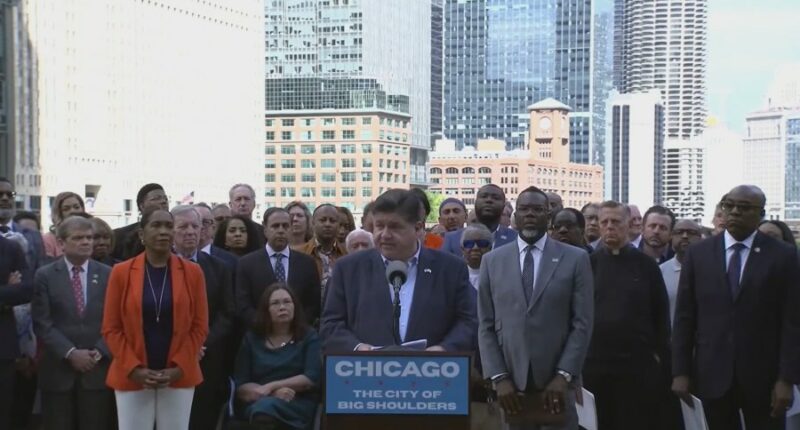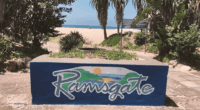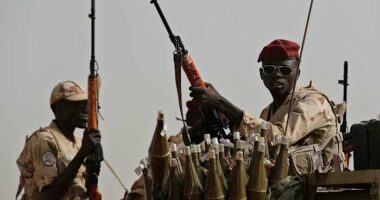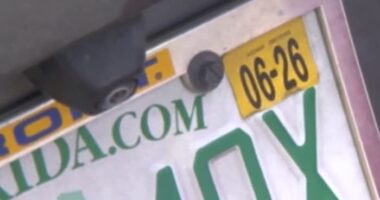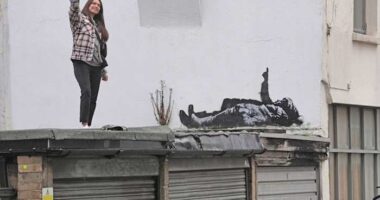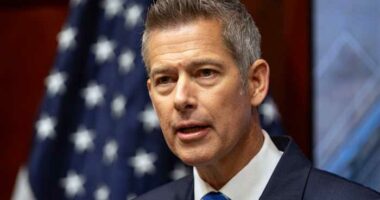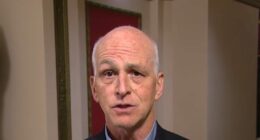Share this @internewscast.com

ILLINOIS (WCIA) — First, Los Angeles saw consideration… then it was Washington D.C. Now, it seems Chicago might be the next city where the National Guard could be sent.
“What conceivable reason could the White House have for contemplating such a drastic measure without engaging in talks or consulting with the governor, the mayor, or law enforcement?” Illinois Governor JB Pritzker remarked at a press briefing in Chicago on Monday.
Recently, President Donald Trump has mentioned he might invoke the Insurrection Act of the Constitution to address civil unrest. This would permit him to send the National Guard to major cities to address violent crime.
Trump has used a similar strategy in his mass deportation of undocumented immigrants.
In that case, he used the centuries old Alien Enemies act to justify surging ICE budgets and operations.
“This will only increase harm and endanger more people. Not just the National Guard members or soldiers who might be dispatched, but also the community residents who don’t wish to experience a military presence right outside their homes,” Ed Yohnka from the ACLU of Illinois commented.
But on Monday Trump appeared to soften his stance on sending the National Guard.
Though he maintains they could mitigate violent crime in Chicago, he noted he was waiting for the governor to request troop deployment.
Pritzker quickly shot down that possibility.
“Instead, I say ‘Mr. President, do not come to Chicago.’” Pritzker said at Monday’s news conference.
Despite the president’s seeming shift in tone, Pritzker and Chicago Mayor Brandon Johnson remain alert to the potential of deploying guardsmen.
On Monday Pritzker called for any potential protests to remain peaceful and promised the state is ready to respond with lawsuits if troops are sent.
He also promised the president that any harm done to Chicago or Illinois wouldn’t be ignored.
“If you hurt my people, nothing will stop me. Not time or political circumstance from making sure that you face justice under our constitutional rule of law,” Pritzker said.
